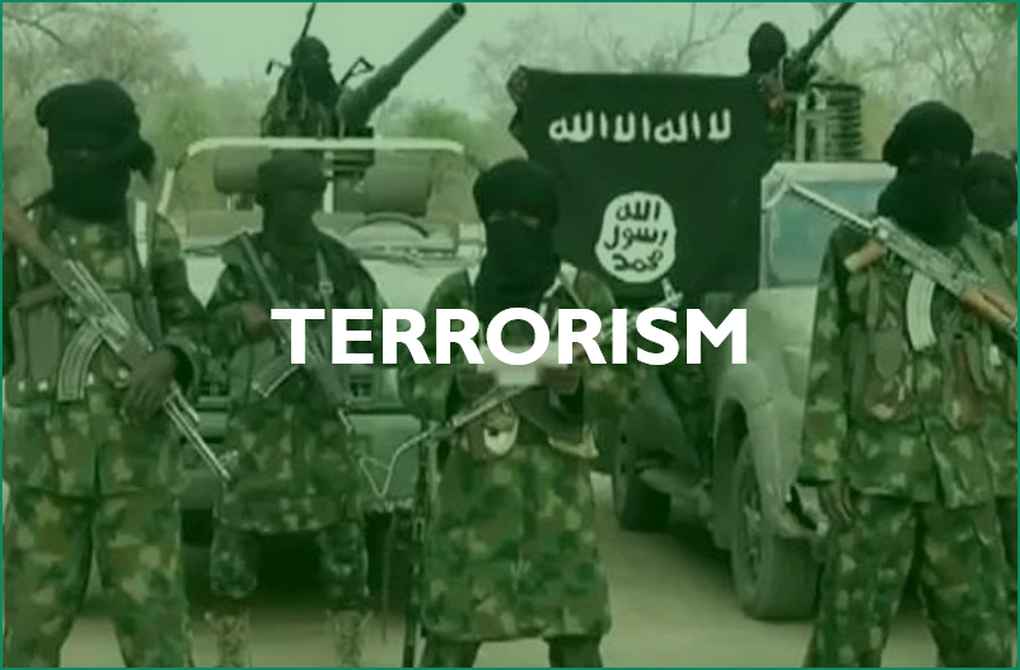Nigeria faces security challenges on several fronts. In the northeast, conflict between the military and two U.S.-designated Foreign Terrorist Organizations (FTOs)—Boko Haram and an Islamic State-affiliated splinter faction, the Islamic State West Africa Province (ISWAP)—has killed tens of thousands over the past decade, displaced millions, and caused a protracted humanitarian crisis.
The conflict also has destabilized adjacent areas of Niger, Chad, and Cameroon in the wider Lake Chad Basin region. In Nigeria’s northwest, conflict between pastoralists and farmers recently has escalated amid a broader deterioration in security conditions involving cattle rustling, kidnapping, ethnic massacres, and emergent Islamist extremist activity. Farmer-herder violence also has surged in the central Middle Belt, where disputes over resource access coincide with ethnoreligious cleavages between Christian and Muslim communities.
In the south, criminality and militancy in the oil rich Niger Delta have impeded development and contributed to insecurity in the Gulf of Guinea for decades.

